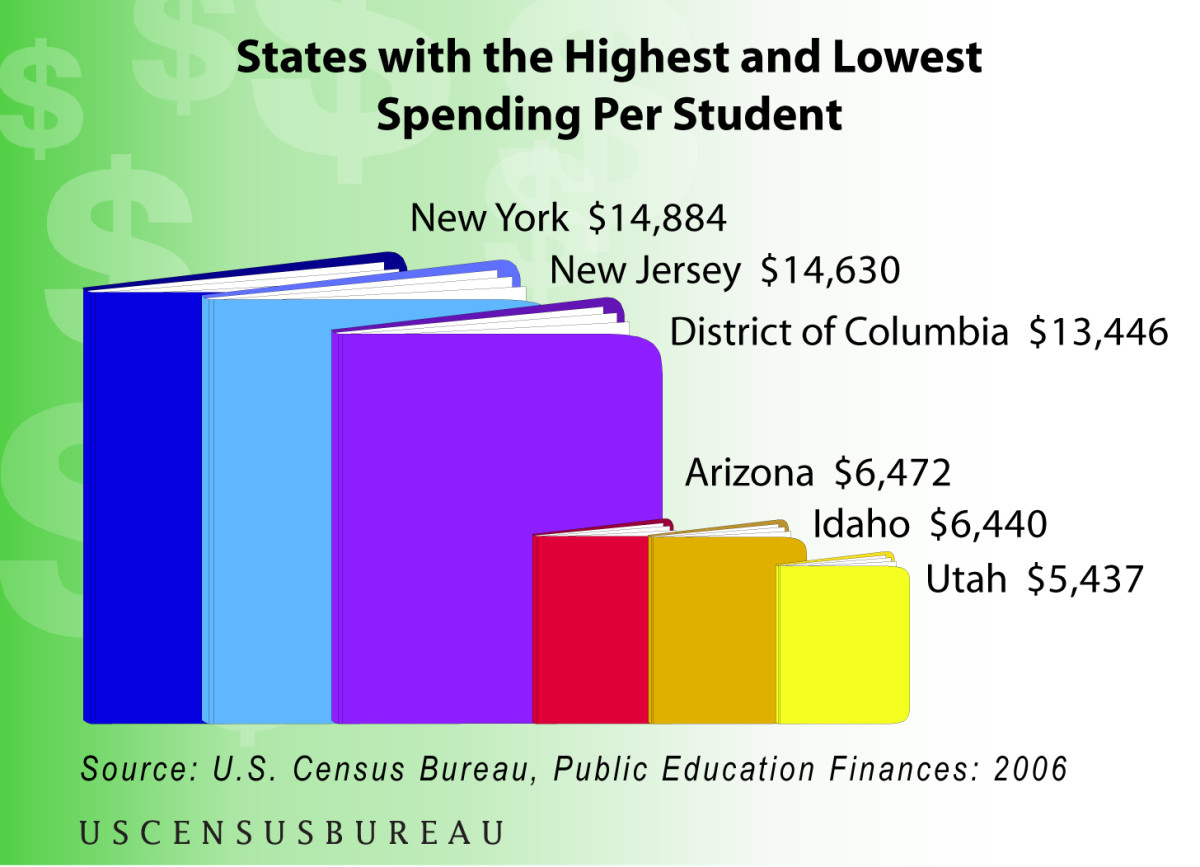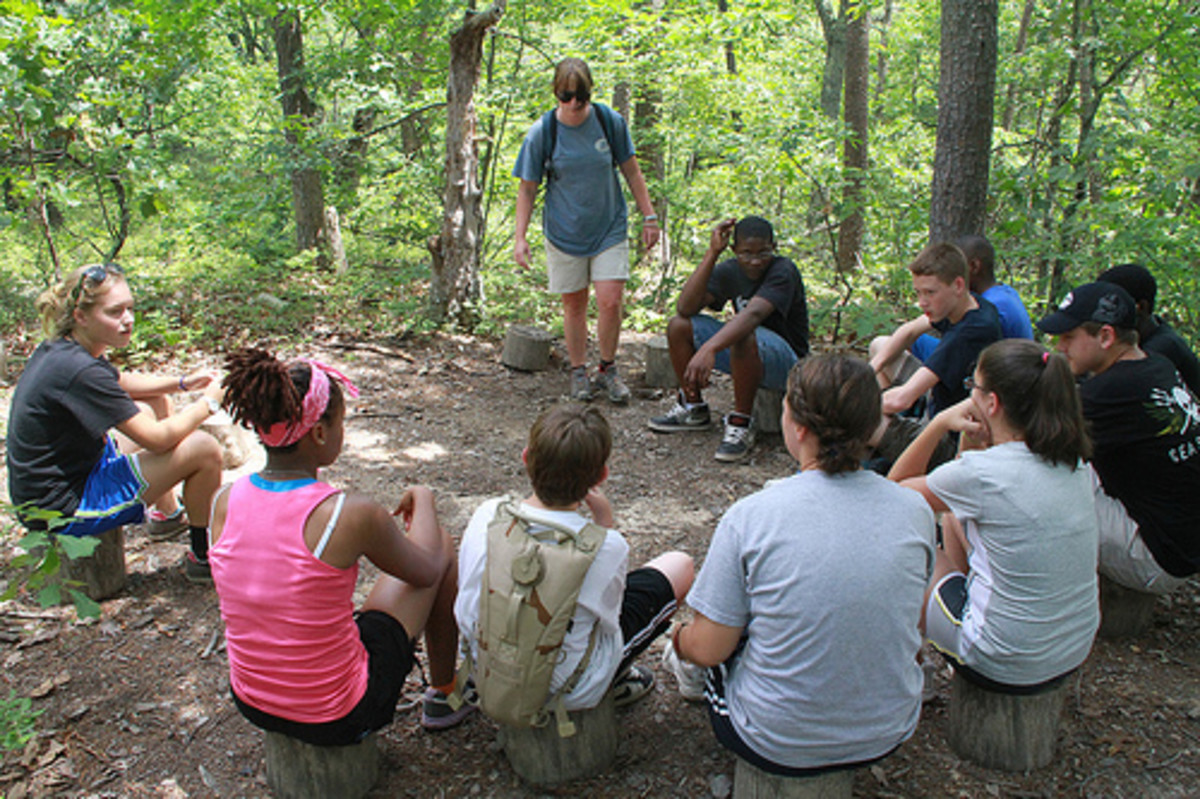What's The Problem With Conventional Schools?
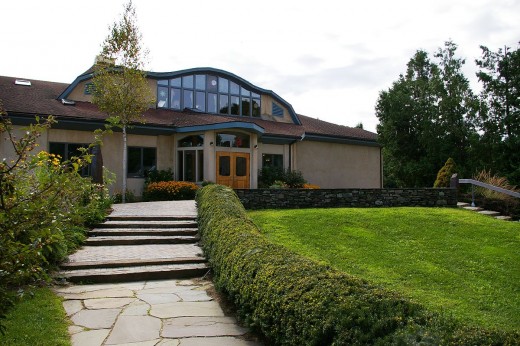
What's going on? An Article on Teacher Approved Individual Choice
Most children go to regular conventional state public schools to get an education, get good grades, get into good universities, and then ultimately get good jobs. Despite the fact that this is what the epitome of success seems to be in the eyes of most parents, this lifestyle is not as helpful towards the youth as we think it is.
How did you like school growing up?
Here's The Problem
Humans naturally have the instinct to discover, investigate, and learn. How is this true? Well, if it weren’t, then we would not have developed this far as civilized humans. But what standard public school education does is kill that instinct. When people say “there are kids in Africa who would die for an education”, they fail to realize what education means in this modernized world. To them, education is learning, and discovering, which all humans want to be able to do. But here, we do not appreciate education because it is linked with “grades” and “marks”. When a student gets bad marks, he is deemed as unintelligent, and his/her will to learn slowly begins to diminish, thus resulting in an inheritance of hate towards learning. Yet, when students get good grades, he/she feels “smart”, when in actuality, intelligence has absolutely nothing to do with how well students do on tests, but the students don’t realize that. Students are enclosed in boxes. He/She MUST apply ONLY what they learned inside the classroom to answer questions on tests. This reduces the ability of students to think critically on their own.
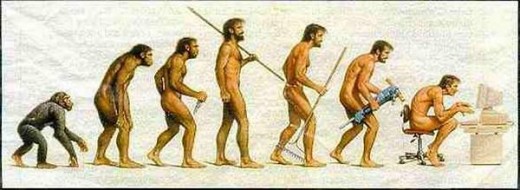
“There is so much more than just one type of intelligence. And while school can make you more academically intelligent-- it can teach you physics, algebra, calculus-- it is diminishing the children’s creative intelligence. It is teaching them to think a certain way, to go down a certain path in life. It’s telling them: go to high school. Get a diploma. Go to a good college, find a stable job. And if you don’t do that, you won’t be successful”, says Eddy Zhong, who became the CEO of LeanGap at 16 with only a C average in high school. Personally, I have experienced this as well. On a test, I had answered a long answer question using information I had acquired outside of the classroom. What was the result? A very low mark. The teacher him/herself said it was a good answer, but it wasn’t what we had talked about in the class, therefore it didn’t count.
Do YOU agree with our education system? Would you change it?
How Can We Solve This Problem?
Now, how can we tackle this utterly terrible system. Thankfully, there are alternatives to conventional public schools. Montessori education, and Waldorf education. Let's talk about Montessori. In a Montessori classroom, students are categorized into classrooms in a wider age range. From 3-6 year olds, then 6-9, and 9-12. This helps older students communicate with younger students and take on leadership roles., and younger students look up to older students. This also helps communication skills develop, as kids at a young age become comfortable communicating and playing with older/younger kids. Students are also not required to sit on a desk, but instead there are stations at which students move around and do whatever they want. Whether it’s creating an art project, or reading a book, the students choose what they want to do. This means that Montessori schools fuel the initiative inside kids to learn, explore, and get educated. Students each day get to do something different and find out what they are passionate about. There are no standardized tests or grades in Montessori schools until students reach the age of 15. This means there is no sense of intellectual superiority between students that you would find in regular schools. Kids want to come back to school everyday. “Montessori observed that when children are allowed freedom in an environment suited to their needs, they blossom. After a period of intense concentration, working with materials that fully engage their interest, children appear to be refreshed and contented. Through continued concentrated work of their own choice, children grow in inner discipline and peace. She called this process "normalization" and cited it as "the most important single result of our whole work" (The Absorbent Mind, Montessori, 1949). All these factors conclude to the fact that the educational experience itself outperforms conventional state schools. A science magazine published in 2006 found that "when strictly implemented, Montessori education fosters social and academic skills that are equal or superior to those fostered by a pool of other types of schools."
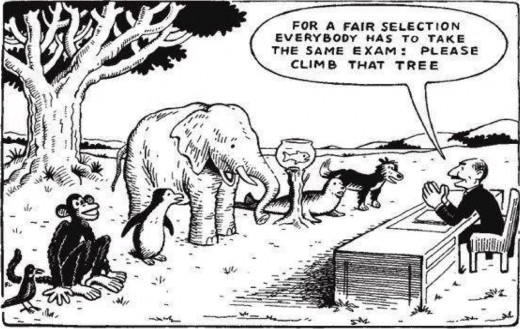
To Conclude:
Our system of education might have worked a century back in the industrial age, in which people were expected to work in factories. However, we are no longer inside the industrial age. As times are changing, we need to change our mainstream education system. To let our children explore themselves. We don’t need workers. We need innovators. We need thinkers.


